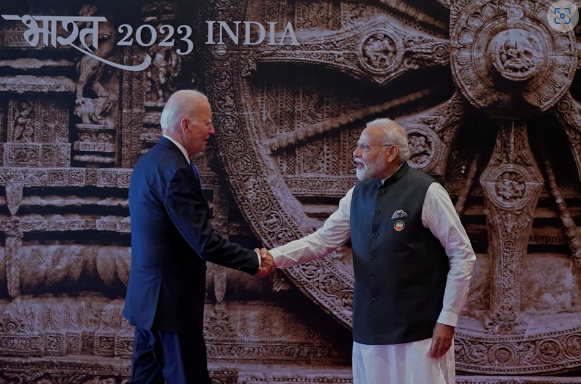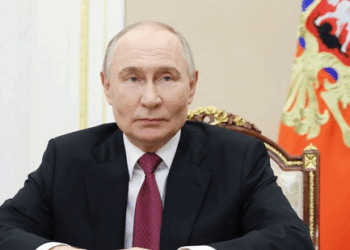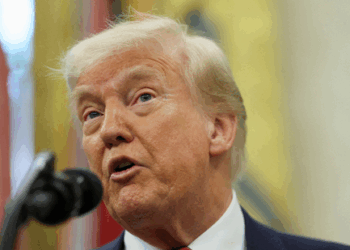Upon taking office, President Joe Biden vowed to prioritize human rights as a cornerstone of American foreign policy. However, recent developments have seen the U.S. administration forging closer ties with nations like Vietnam, Saudi Arabia, and India, all of which have, to varying degrees, faced criticism regarding their records on respecting the rights of their citizens. This shift in foreign policy direction has generated calls for a more comprehensive explanation.
President Biden’s pivot towards closer relations with these nations has sparked concerns and inquiries regarding the apparent departure from the earlier commitment to human rights as a central tenet of U.S. diplomacy. Observers and experts have questioned the rationale behind these diplomatic moves and called for transparency in articulating the evolving foreign policy strategy.
While Vietnam, Saudi Arabia, and India are important partners in various aspects, including trade and regional stability, human rights activists argue that engaging with them should not come at the expense of advocating for the fundamental rights and freedoms of their populations.
The U.S. administration is now facing demands for clarification on how it intends to balance its diplomatic relationships with these nations while upholding its commitment to human rights promotion on the global stage. The evolving foreign policy strategy will likely continue to be a subject of debate and scrutiny in the coming months.








 India
India












